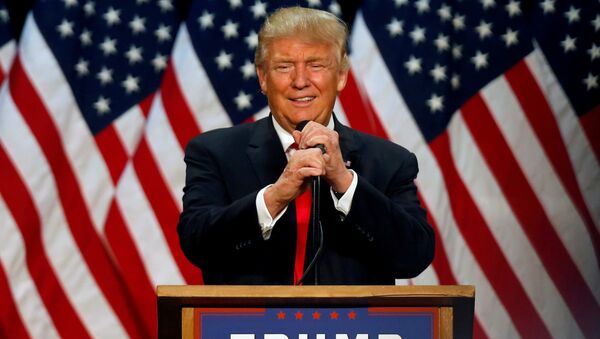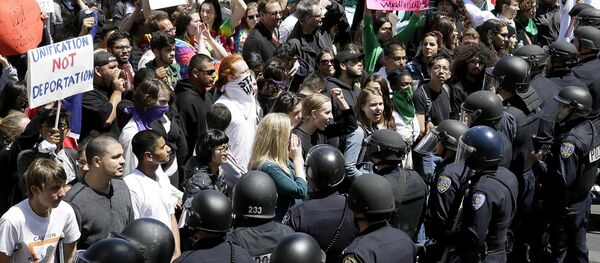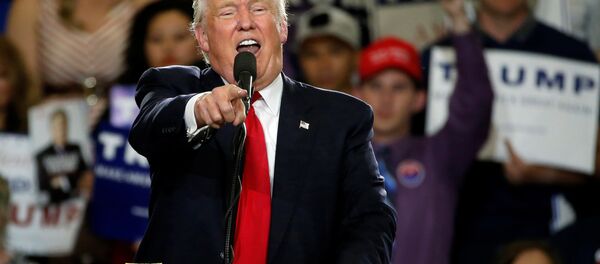Trump began the race with 16 other contenders, and is the last man standing after Ted Cruz and John Kasich dropped out earlier in May.
Political insiders and prominent right wing Republicans continue to be hesitant to embrace the surprisingly popular nominee, even launching a “Never Trump” movement, but without results.
One of the unbound delegates to board the Trump train and help pull him over the threshold was Steve House, chairman of the Colorado Republican Party, who hopes that the Republican presidential nominee will surround himself with the right people to make his presidency a GOP success story.
"Leadership is leadership," House said. "If he can surround himself with the political talent, I think he will be fine."
Another previously unbound delegate who pledged support for the candidate is Cameron Linton of Pittsburgh, Pennsylvania, who said that he would vote Trump on the first ballot, since he won his district, but will not vote for him on a second ballot.
"If there's a second ballot I won't vote for Donald Trump," Linton said. "He's ridiculous. There's no other way to say it."’
Trump has remained a controversial and divisive figure, with protests accompanying every rally he holds, sometimes turning violent. Much of the anger toward him stems from a proposal he made in December 2015 to temporarily ban Muslims from entering the country, and a call to make Mexico pay for a wall on its border with the US, after which former Mexican President Vicente Fox compared the billionaire real-estate mogul-turned-politician to Adolf Hitler.
Trump, also a former reality-television star, largely self-funded his primary race, claiming to spend some $43 million of his own money. His entire campaign spent about $57 million through the end of April, approximately one fourth of what candidate Jeb Bush and his supporters spent on his failed campaign to elect the scion of Republican political power.




